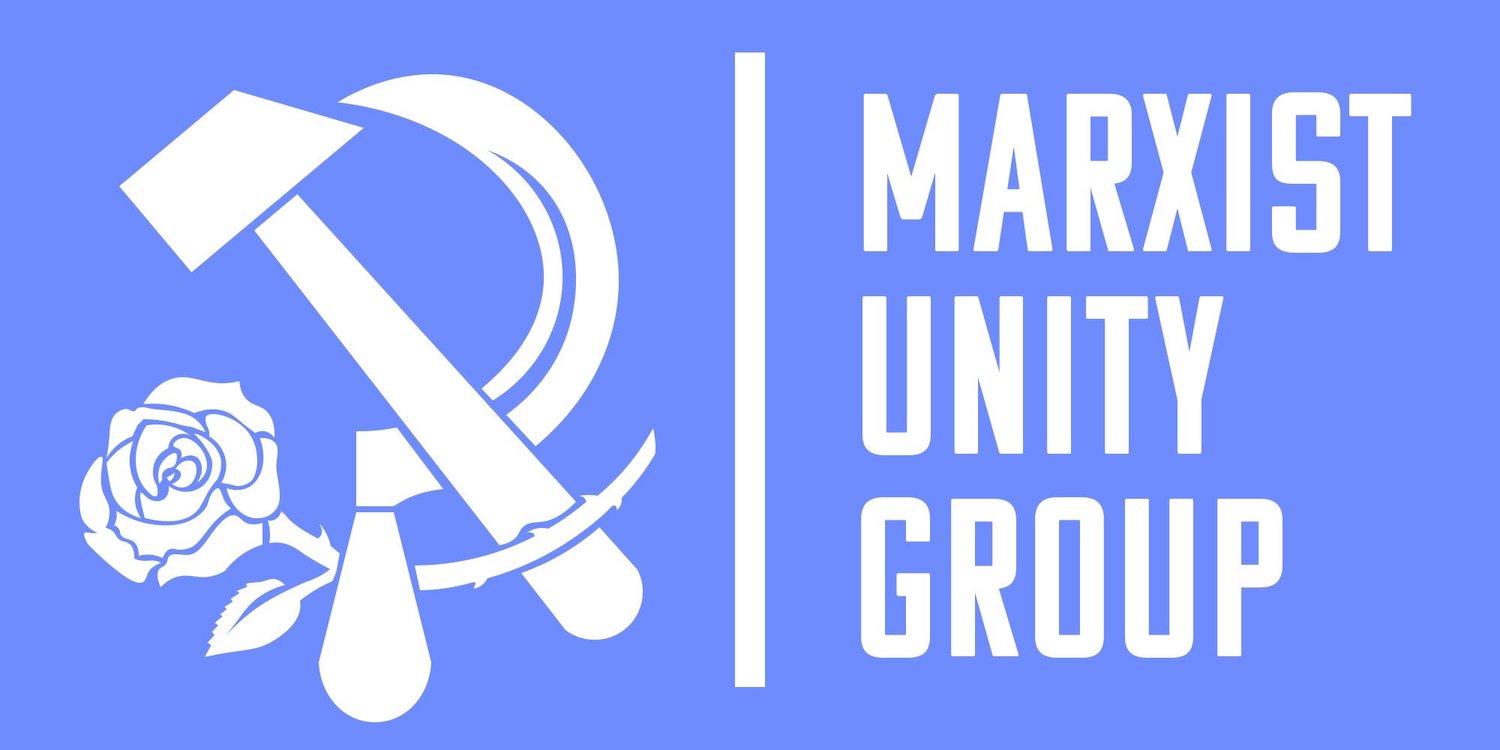Democratic Discipline: A Uniform Process for Electoral Censure Across DSA
Authors: Echo N (Philly), Annie W (River Valley), Sid CW (New York City), Ben L (New York City)
Whereas a censure is a formal reprimand expressing displeasure at a member’s actions; and
Whereas power over endorsed electeds comes primarily from the size and organization of DSA’s membership; and
Whereas a vote to censure by the general membership body expresses the displeasure of the majority of rank-and-file members; and
Whereas absent a democratic censure process, dissatisfied members of a chapter are unable to make their case to the broader chapter membership; and
Whereas a lack of uniformity privileges some members over others based on factors including chapter and leadership position; and
Whereas without a uniform and democratic censure process across DSA, members will be unable to exert control over the electoral program, leaving influence over the electeds in the hands of small leadership cliques;
Therefore let it be resolved, any member in good standing of a chapter may submit a resolution with greater than or equal to 5% of members in good standing of that chapter to censure an endorsed elected;
Resolved, the resolution to censure must be shared with general membership of the chapter and heard at the soonest possible General Meeting or Chapter Convention;
Resolved, a motion to censure an elected official requires a majority vote of present and voting members equal to the ratio required for endorsement;
Resolved, once passed, the resolution to censure must be announced and publicly posted within 72 hours;
Resolved, revocation of endorsement shall follow the same process as a censure;
Resolved, the following will be distributed by chapters to membership as the policy for democratic discipline:
Any member in good standing may submit a resolution for the general membership to censure or unendorse an elected official endorsed by the chapter. In order to be heard, this resolution requires signatures of 5% of members in good standing at the time of submission. The censure resolution must be shared with the full membership and heard at the next General Meeting or Chapter Convention.
A motion to censure or unendorse an endorsed elected official requires a majority vote of present members to pass. If the censure passes, the resolution must be publicly posted within 72 hours.
If there is no chapter meeting or convention scheduled within 90 days of turning in a resolution of this type with signatures from 5% of members in good standing, a special meeting will be called to be held within 30 days.

